top of page

WELCOME
The Therapy Space is a safe and supportive place where healing is focused through holistic and clinical therapeutic approaches. Helping my clients achieve mental wellness during their recovery.
Anxiety, panic attacks & phobias
Chronic illness & medical issues
Depression & bipolar disorders
Dissociative disorders
Eating disorders
Grief and loss
Pain
Performance anxiety
Personality disorders
Post-traumatic stress disorder (PTSD) & other trauma and stress related issues
Sexual assault
Sleep disturbance
Substance abuse & addiction
Violence & abuse

bottom of page



